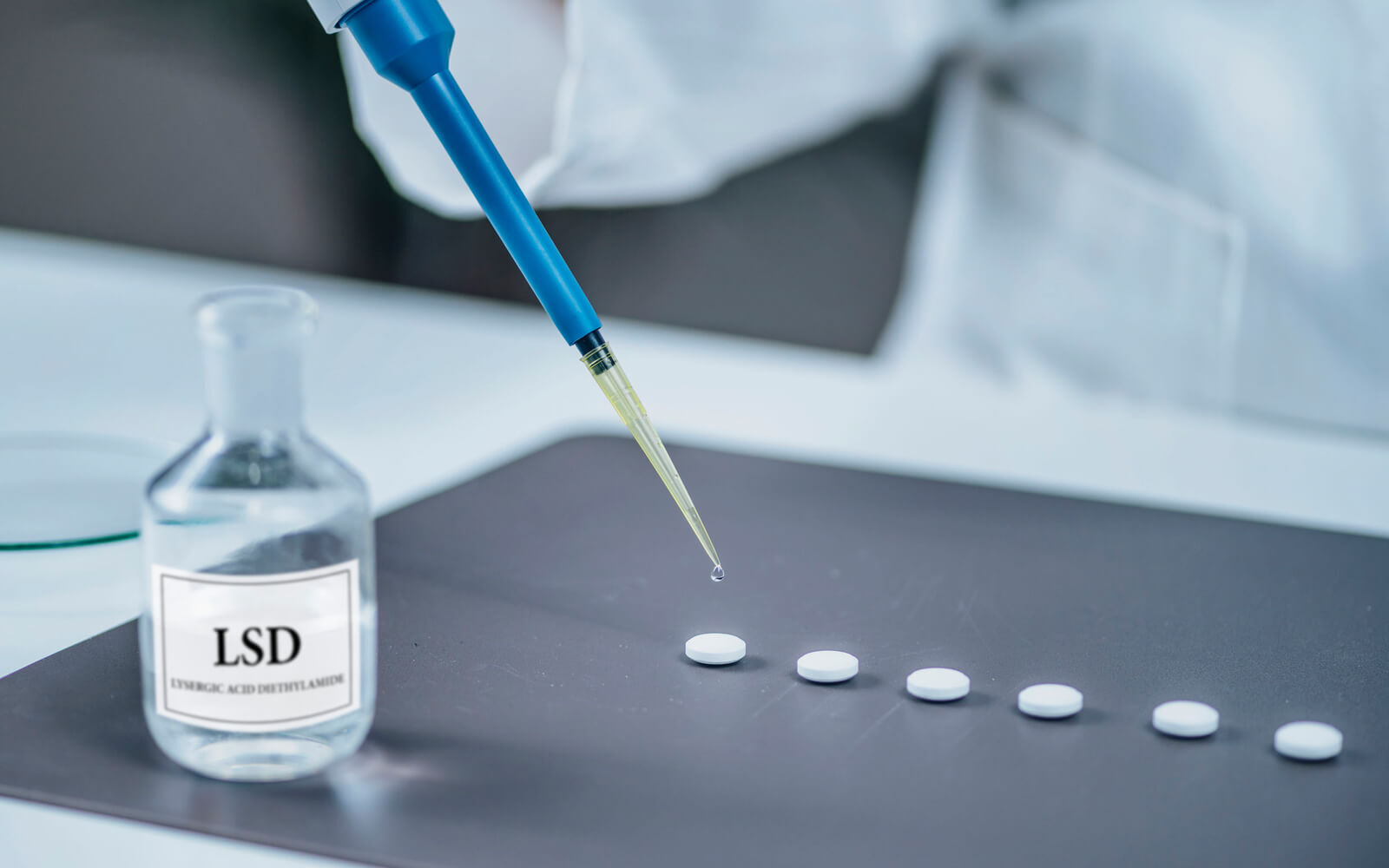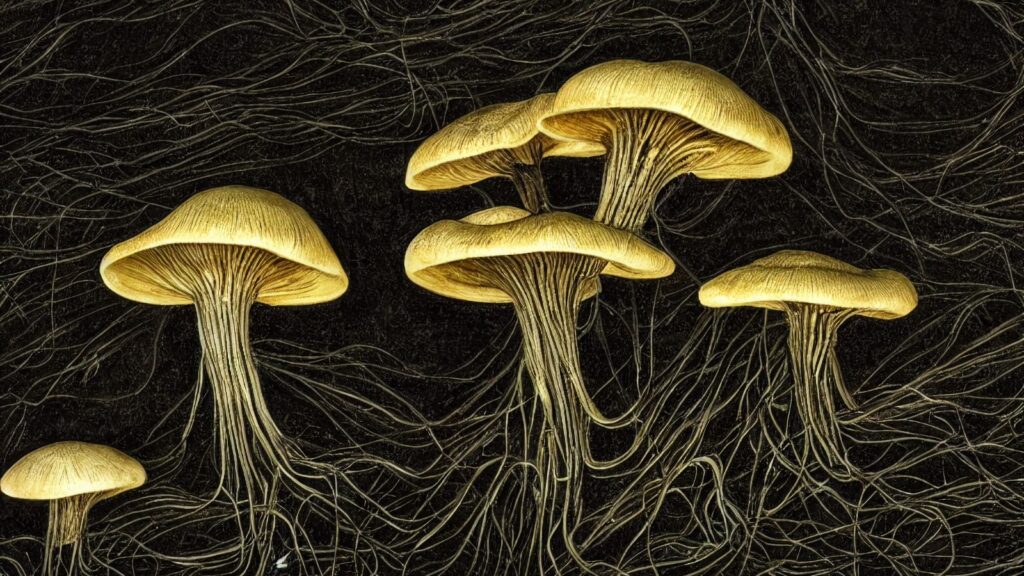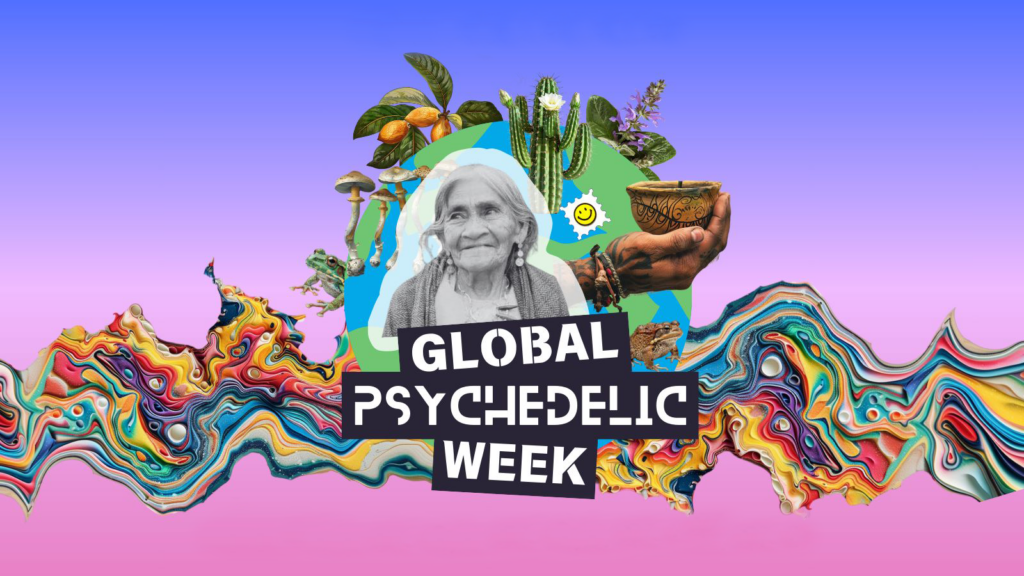Scientists are increasingly conducting research into psychedelic therapy. How can they be used safely, and how can they help humans heal? These are questions researchers are trying to understand. However, since most psychedelics are Schedule 1 substances, they can’t be studied or used legally without going through the proper process. Psychedelic clinical trials are happening, and here is what you need to know.
Treating Mental Conditions and Disorders
Psychedelic drugs have shown promise in treating psychiatric conditions, particularly depression, anxiety, addiction, and post-traumatic stress disorder (PTSD). Completed trials have specifically shown MDMA (street name “ecstasy” or “molly”) to effectively treat chronic PTSD. Psilocybin, commonly known as “mushrooms” or “shrooms,” has significantly alleviated depression and cancer-related anxieties. Preliminary but also promising results suggest that LSD (lysergic acid diethylamide) and ayahuasca, a plant-based brew, also have significant benefits in treating psychiatric disorders.
William M. McDonald, is Professor of Psychiatry and Behavioral Sciences at Emory University School of Medicine. McDonald says psilocybin treatments might not only be an effective treatment for psychiatric illnesses, but also pave the way for an entirely new “treatment paradigm” in psychiatry. He explains to Medscape Medical News that in the clinical trials he reviewed, the treatments were doing more than just “helping patients get better but actually keeping them well.”
He specifically notes that MDMA and psilocybin have the potential to provide treatments that use completely “novel mechanisms.” Unlike much of current psychiatric medicine, the therapeutic use of psychedelic substances is not built around management of symptoms over time, something that often fosters dependency. Rather, even a single dose of psilocybin or MDMA has proven to have long-term positive effects on a patient’s mental health. Many people have tried multiple unsuccessful treatments for their PTSD, depression, and/or anxiety. Clinical trials may be a great opportunity for them to try an innovative treatment, one that could revolutionize psychiatry.
Mentally Healthy Volunteers
While there are trials that focus on people with specific mental conditions, many others study mentally healthy volunteers as well. Previously, these studies have provided insight into the nature of consciousness, as well as the overwhelming benefits of psilocybin in both therapeutic and non-therapeutic contexts.
Though psychedelic research began in the ‘50s, momentum halted in the ‘70s. This was largely due to its association with the prevalent counterculture. Ensuing regulations became severely disproportionate to the actual dangers of the substances. We are entering a new era of psychedelic research. It is important to understand psychedelic substances in more than just a psychiatric context. This makes clinical trials with all kinds of people important.
How Does a Clinical Trial Work?
The purpose of clinical trials in medicine is to evaluate the safety and efficacy of drugs through data. Before a drug becomes available to patients, it must first undergo a series of “phases” to become approved.
First, researchers administer tests of a new substance in animals or human cells. Once the FDA grants approval, testing advances to phase 1, where the substance can be given to a small number of healthy people to assess its safety. In phase 2, people with a disease or condition receive the drug to evaluate its effectiveness in treating symptoms. After that comes phase 3, where a greater number of people at multiple sites receive the drug for evaluation of results.
A drug may show benefits significantly outweighing negative side effects in two different trials. In this case, the drug’s approval and sales can proceed. Phase 4 trials continue to collect data on long-term effectiveness. As well, they monitor how it compares to other drugs in the market.
Organizations Currently Conducting Trials
Current and future psychedelic clinical trials include MDMA, psilocybin, LSD, ibogaine, and more. These trials are currently enrolling healthy volunteers and individuals with specific mental health conditions.
COMPASS Pathways is a mental health care company that is currently conducting psilocybin trials for treatment-resistant depression in North American and Europe.
The Johns Hopkins University Center for Psychedelics & Consciousness Research researches the effects of psychedelic substances on mood, cognition, brain function, and behavior.
The Imperial Centre for Psychedelic Research focuses particularly on treatments for depression.
The Usona Institute conducts pre-clinical and clinical research regarding the therapeutic effects of psilocybin and other psychoactive medicines.
The Multidisciplinary Association for Psychedelic Studies (MAPS) is a nonprofit research and educational organization. It “develops medical, legal, and cultural contexts for people to benefit from the careful uses of psychedelics and marijuana.” MAPS Public Benefit Corporation is currently sponsoring trials for MDMA-assisted psychotherapy to treat different anxiety-related disorders.
This is just a short list of trials. There are many more organizations conducting studies on a variety of molecules and indications. There is also an ecosystem of technologies that have sprung up to accelerate research in the field. These include Osmind, which provides a research platform to help with clinical trials and aggregate insights on how these drugs work.
Where to Enroll
Psychedelic Support compiled a thorough list of trials in March for MDMA, psilocybin, LSD, cannabis, ketamine, ibogaine, and salvinorin. It catalogued their effects on mental and physical conditions including addiction, depression, PTSD, anorexia nervosa, Alzheimer’s, migraines, and more. The list, however, is not comprehensive; many more can also be found at clinicaltrials.gov.
Psychedelic medicine holds great promise for revolutionizing our mental healthcare system. It’s up to each of us as individuals to support research, whether through volunteering for clinical trials, contributing our own mental health results and outcomes, or donating our time and resources.
Contributor Network Author: Margaret Zhang
Margaret Zhang is a writer living in Philadelphia. A Best New Poets and Pushcart Prize nominee, they have attended the Tin House Poetry Workshop and been recognized by the Poetry Society of the UK. Read their poetry in Waxwing, The Louisville Review, Salt Hill Journal, The Minnesota Review, and other journals. They’re currently an intern at Osmind. You can find them at margaretzhang.com or on Instagram @whalakee.















